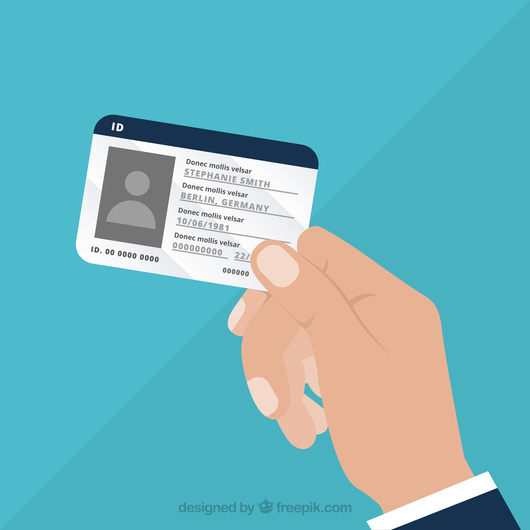January 26, 2025
To reiterate: Norwegian health, safety, and environment (HMS) regulations apply not only to Norwegian employers and employees but also to employees and employers of foreign branch offices in Norway (NUF).
Individuals employed as managing directors or owners of sole proprietorships with employees must undergo HMS training.
The employer is always responsible for ensuring a safe work environment, and completing HMS courses facilitates:
In companies with more than five employees, appointing a safety representative (verneombud) is mandatory. In smaller companies, alternative arrangements can be agreed upon with employees. The representative’s role is social in nature, typically lasting two years, and they cannot hold a managerial position.
The main tasks of the safety representative include:
Example: A Polish construction company delegating workers to Norway appointed and trained a safety representative. This representative diligently performed their duties and was present during an inspection by the Norwegian Labor Authority. Thanks to this preparation, the company avoided complications related to non-compliance with Norwegian regulations.
Mandatory HMS courses in Norway are not just a legal requirement—they are vital for building a culture of safety in the workplace. These courses equip employers and employees with the knowledge and skills needed to minimize the risk of accidents and foster a more supportive work environment.
Author: Anna Korpalska
Graphics: Created by AI ChatGPT under the author’s direction.
Infographic: Designed using Canva.
Does your company have a foreign branch in Norway? Are you aware that as an employer delegating workers to Norway, you must comply with specific HMS requirements? Let us help you ensure compliance! Reach out to Anna Korpalska, our HMS expert, for tailored guidance.
Who is Subject to Norwegian HMS Regulations?
To reiterate: Norwegian health, safety, and environment (HMS) regulations apply not only to Norwegian employers and employees but also to employees and employers of foreign branch offices in Norway (NUF).
A few years ago, the Norwegian Labor Inspection Authority (Arbeidstilsynet) rarely checked HMS compliance in foreign branches. Today, the guidelines are clear: all HMS regulations apply equally to foreign branches as they do to Norwegian companies. This applies even if foreign employees work in Norway temporarily.
In the Norwegian workplace safety structure, two key roles are essential: the managing director and the employee representative for safety. Both must complete mandatory training.
Managing Director (Daglig Leder)
Individuals employed as managing directors or owners of sole proprietorships with employees must undergo HMS training.
The employer is always responsible for ensuring a safe work environment, and completing HMS courses facilitates:
- Systematic management of health and safety at work (systematisk HMS-arbeid).
- Proper documentation practices.
- Employee engagement in health and safety matters.
Example: A company in the bridge and tunnel construction industry received a lucrative contract proposal in Norway. Before negotiations began, the Norwegian client required the company to register as a Norwegian entity and meet all safety requirements before starting work. By training the project’s managing director and engaging them in creating necessary documentation, the company successfully secured the contract.
Employee Representative for Safety (Verneombud)
In companies with more than five employees, appointing a safety representative (verneombud) is mandatory. In smaller companies, alternative arrangements can be agreed upon with employees. The representative’s role is social in nature, typically lasting two years, and they cannot hold a managerial position.
The main tasks of the safety representative include:
- Conducting workplace inspections (vernerunder).
- Collaborating with both employees and the employer on safety issues.
- Actively contributing to the development of safety plans and quality control systems.
Example: A Polish construction company delegating workers to Norway appointed and trained a safety representative. This representative diligently performed their duties and was present during an inspection by the Norwegian Labor Authority. Thanks to this preparation, the company avoided complications related to non-compliance with Norwegian regulations.
Employers are required to provide the representative with appropriate training to equip them with the knowledge necessary for their role.
Why Are HMS Courses Important?
Mandatory HMS courses in Norway are not just a legal requirement—they are vital for building a culture of safety in the workplace. These courses equip employers and employees with the knowledge and skills needed to minimize the risk of accidents and foster a more supportive work environment.
Remember, as an employer, you are obligated not only to ensure that training is provided but also to monitor its proper implementation. Regular training and updates are key to the success of any company that values its workforce.
Novum offers online HMS courses in Polish. hms.novumc.com
Author: Anna Korpalska
Graphics: Created by AI ChatGPT under the author’s direction.
Infographic: Designed using Canva.
Questions about doing business & accounting services in Norway?
Send question now!We are here to help you.



